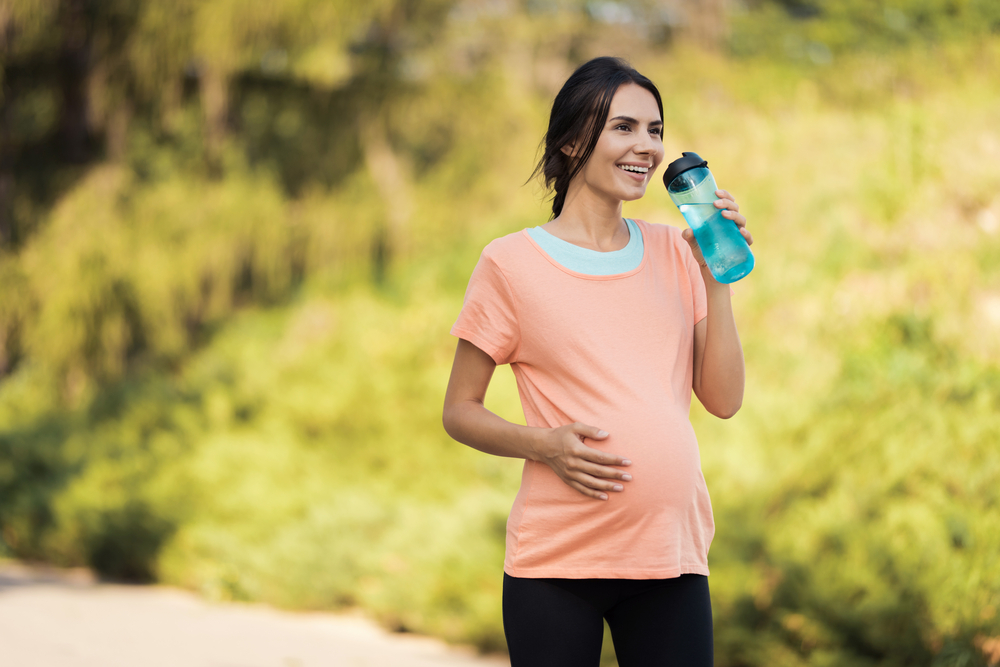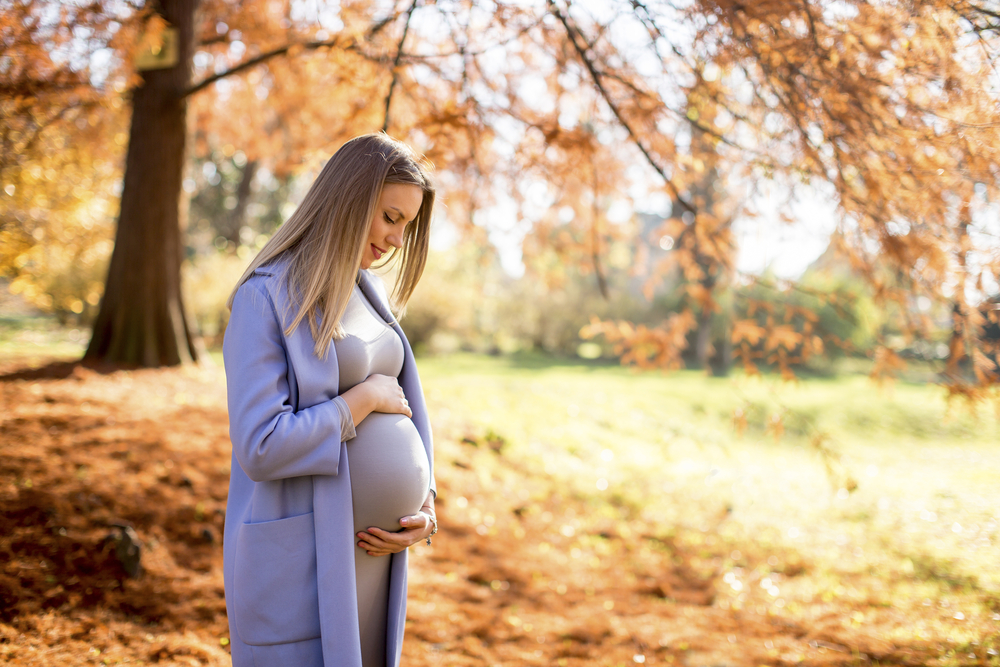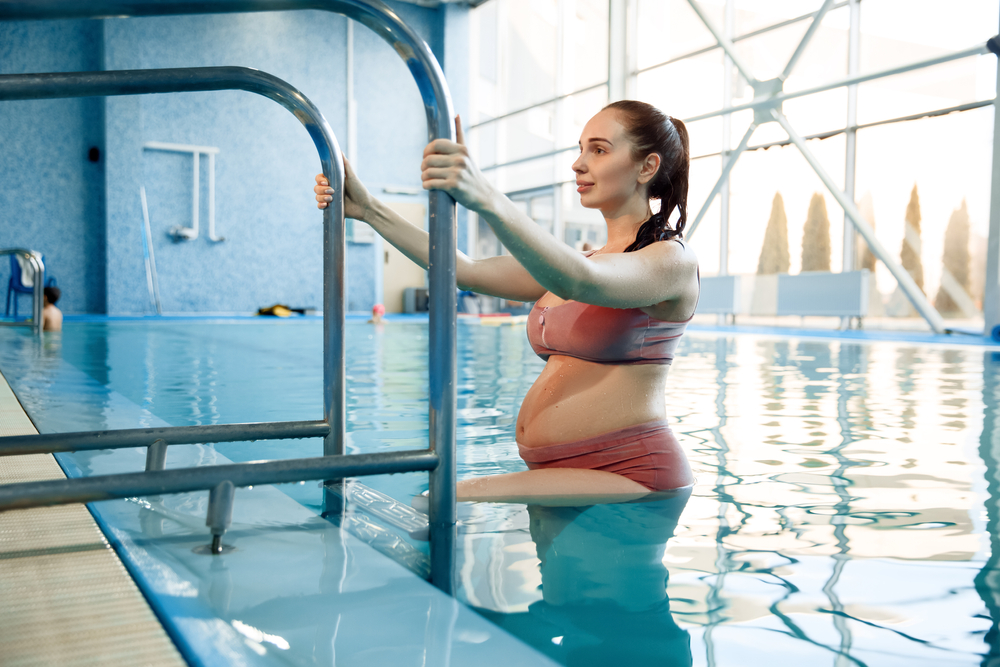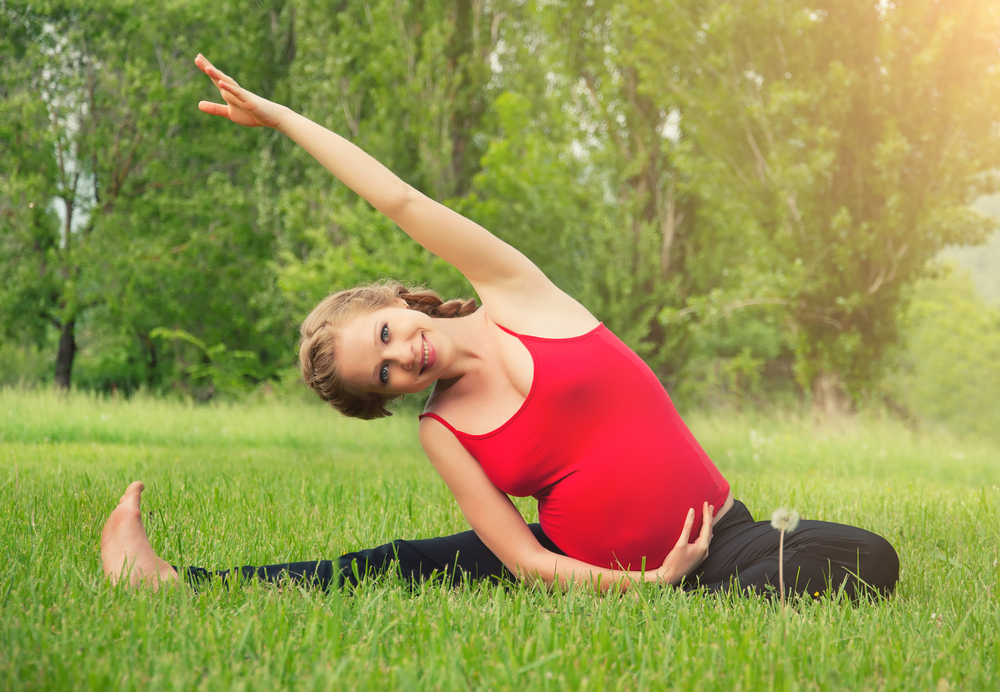




Walking during pregnancy: what are the benefits (also in labour) of physical activity and what to watch out for
A peaceful pregnancy also depends on proper exercise. Walking is one of the most recommended motor activities to practice during the gestation period. At a time when the body and hormones are in turmoil, movement can help restore physical and mental well-being.
Walking is the easiest and quickest way to exercise without overloading the body, subjecting it to stress and without taking any particular risks. After all, this is a movement that we all do, that we have been doing since we learned to stand, that we do all the time. However, walking to enjoy a nice walk in the fresh air is a very different thing from walking in a supermarket.
Although it is a natural low-intensity activity, there are many benefits it brings to the mother-to-be. Like any type of motor exercise, it tones muscles and improves health in general because movement brings more oxygen to the tissues. It also strengthens the cardiovascular system because it stimulates blood circulation and microcirculation throughout the body, helping to reduce swelling and leg heaviness, two typical problems of pregnancy. It also improves the management of weight gain: without excessive effort and strain, walking burns calories.
This type of activity releases substances, endorphins, which give a feeling of well-being and reduce stress and fatigue. Walking is also an excellent ‘personal trainer’ for childbirth. Consistent activity stimulates the production of beta-endorphins, which help to tolerate pain during labour. From the 38th week onwards, it helps prepare the uterus for labour by promoting its distension. It also helps to train the respiratory system and thus improve breathing, which is crucial at the time of labour. With the walk, the mother cradles the baby in her belly, who then calms down and often falls asleep.
Given the undoubted benefits of walking, there are, however, a number of precautions to be observed to avoid risks.
Firstly, you should keep a moderate pace. Excessive speed or running may lead to a reduction in blood flow to the placenta and glucose to the foetus. Jumping and all situations that can provoke trauma or a fall and cause a contraction of the uterus should be avoided. It is therefore a good idea not to take large steps and to wear suitable shoes that reduce the risk of slipping. Paths that are not particularly uneven or too inclined should also be chosen to avoid abrupt ascents and descents. If you choose long routes, also plan places to rest.
In summer, walking during the hottest hours is not recommended. In any season, however, it is always important to maintain adequate hydration. Before starting to walk, it is good to do some warm-up and stretching to prepare the muscles and prevent injuries. Your posture should also be checked: as the months go by and your belly grows, you will tend to push your weight forward and arch your back. Uneven weight distribution could create problems for the lower limbs and ankles. It is therefore a good idea to check your posture when walking and make sure you keep your back straight.
A good walk, on average, lasts half an hour, but you should not exceed this: if you feel tired, even a few minutes spread out over the day can be enough to keep you fit.
In conclusion, walking is certainly a safe, pleasant and recommended form of activity, but it is also true that pregnancy is a period of transformation for women, of changes that must be supported. That is why even when taking a simple walk, it is good to learn to listen to your body, to understand how it reacts, to understand its signals. When faced with tiredness, fatigue, breathlessness, pain, heat, it is good to stop and wait for everything to get back to normal. Nor should you be discouraged if your performance is not always the same, and if your body requires rest, you should indulge it.
(Monica Di Lecce)


